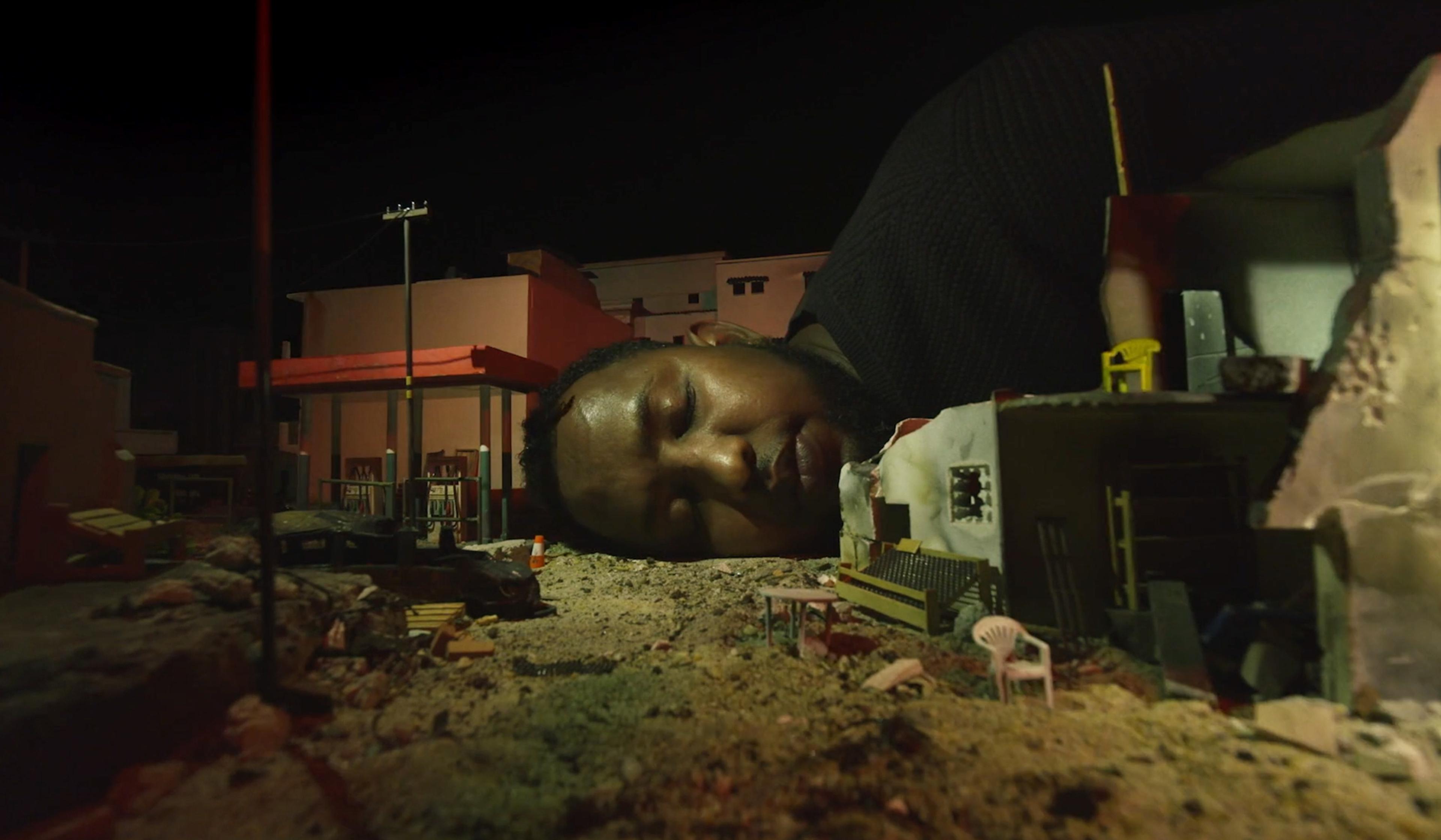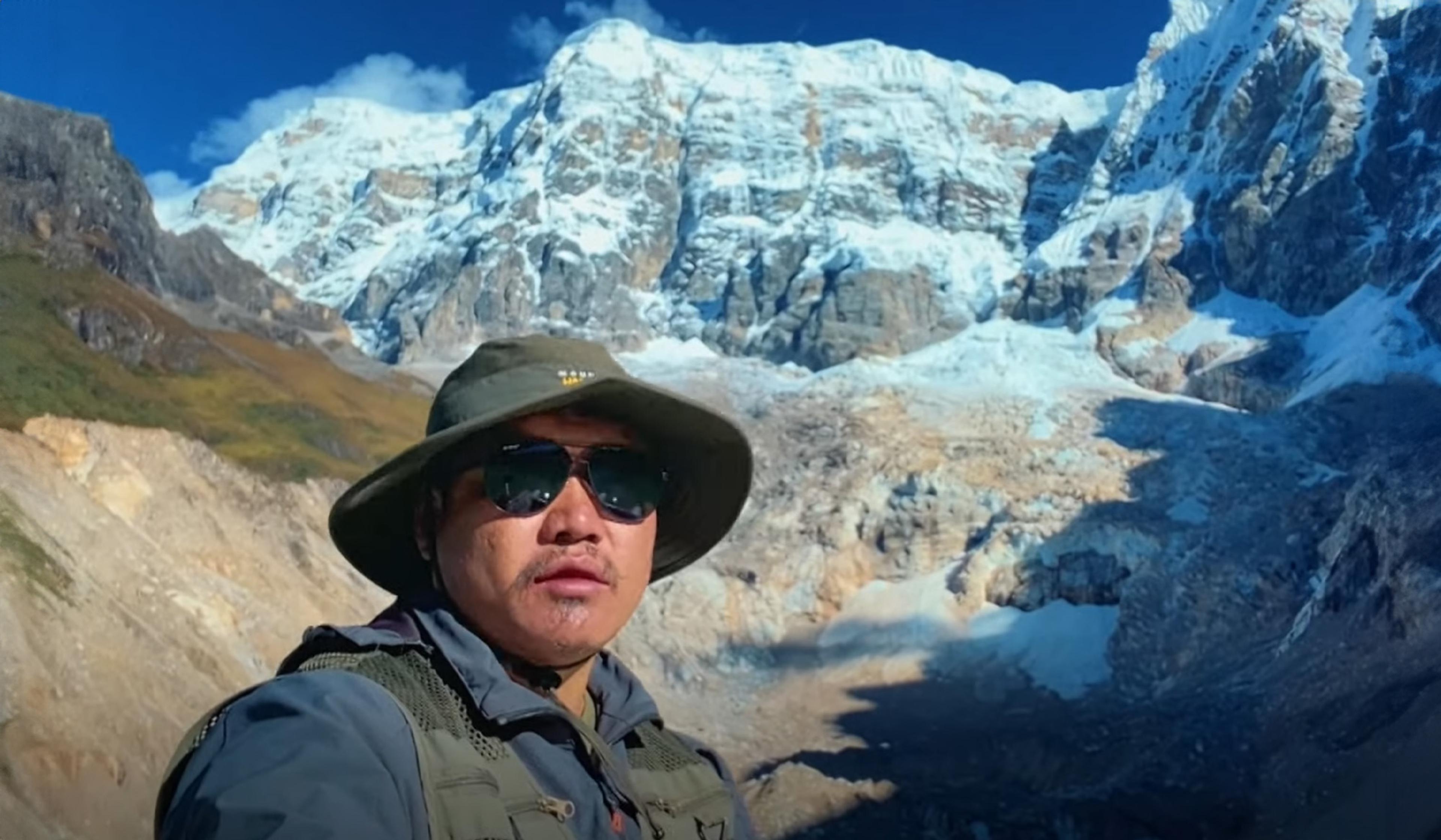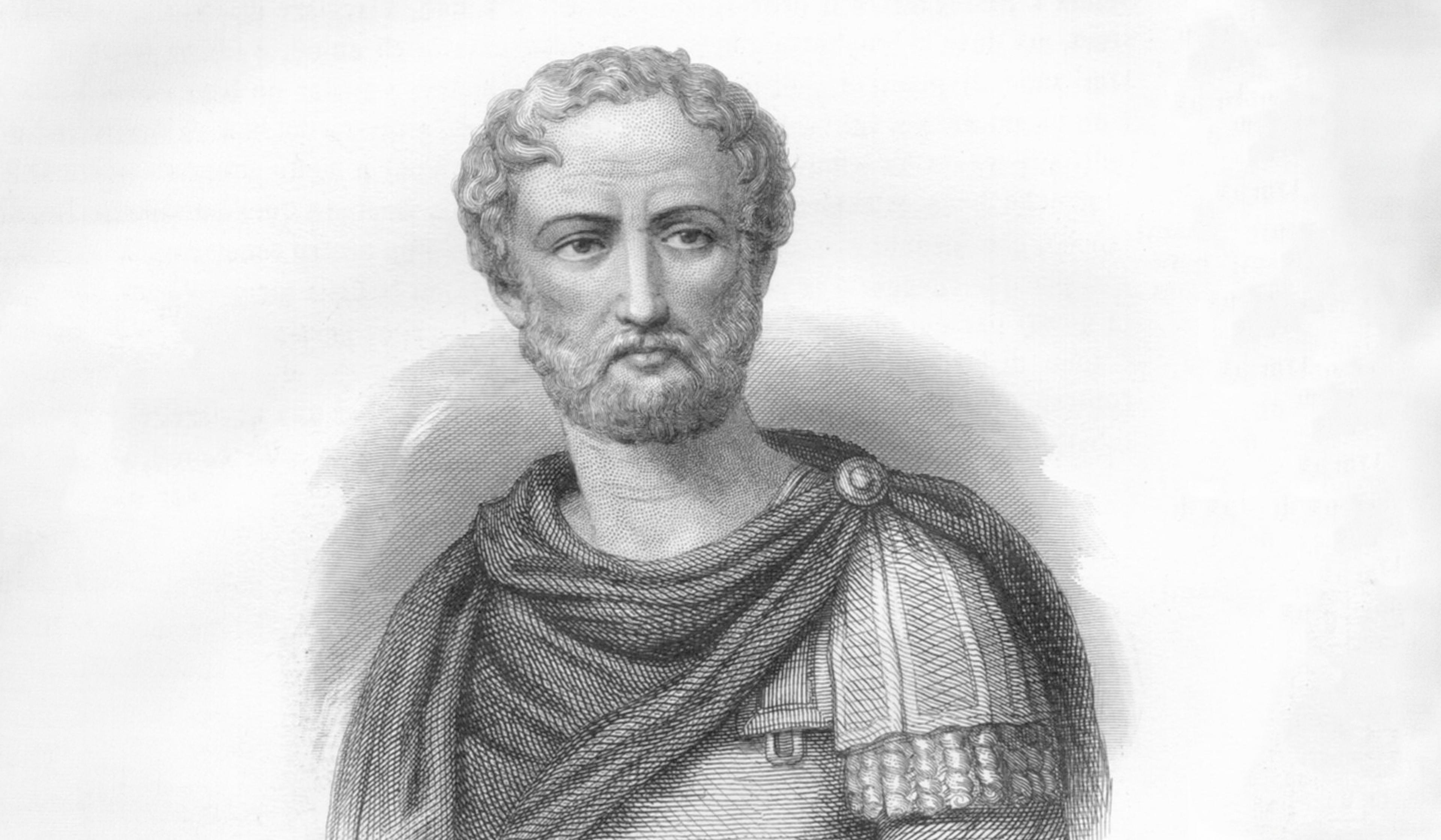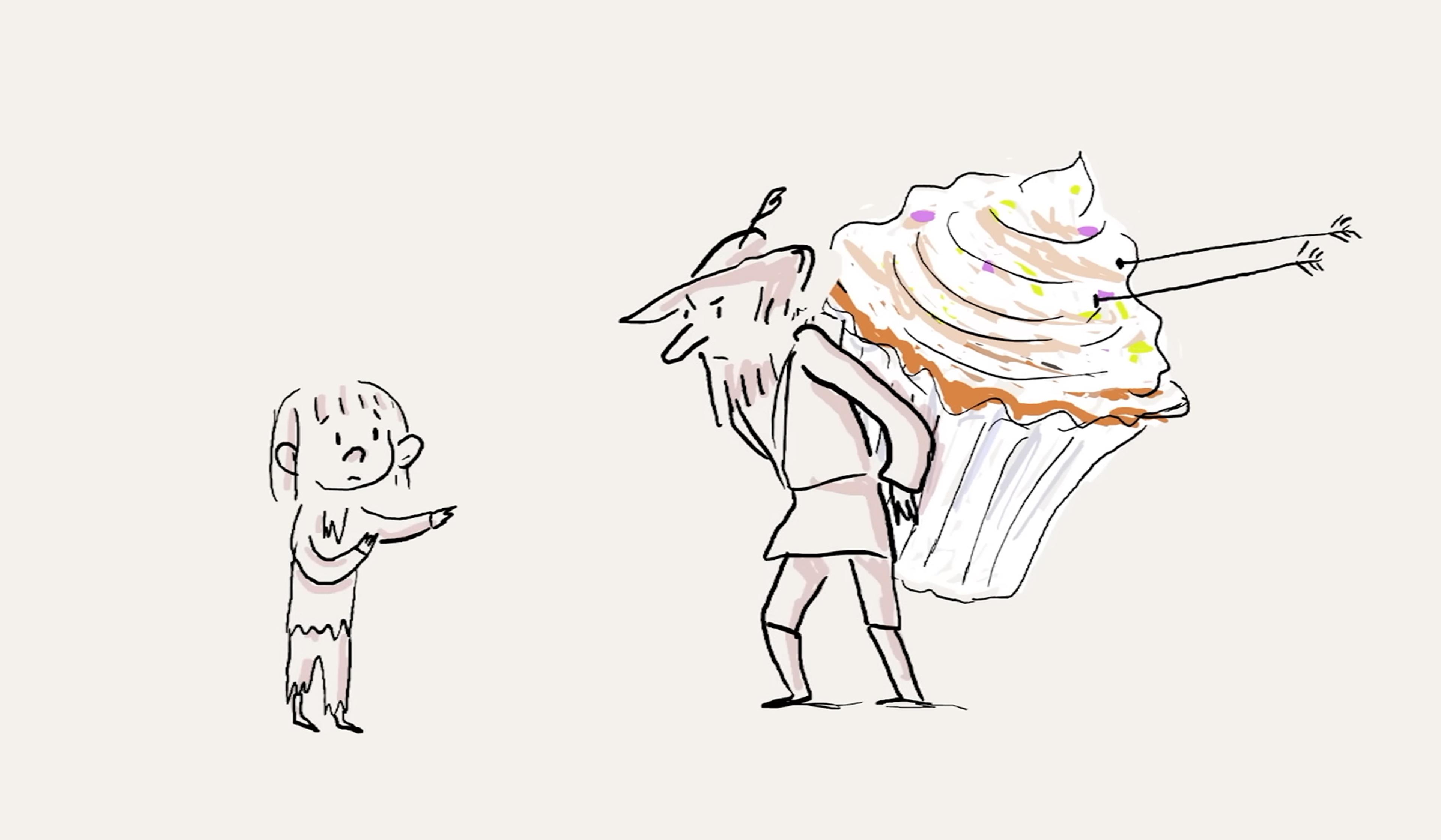Aeon Video has a monthly newsletter!
Get curated editors’ picks, peeks behind the scenes, film recommendations and more.
What wrapping a rope around the Earth reveals about the limits of human intuition
If you tied a rope tight around the Earth’s equator and then added a single yard of slack, would the extra material make any noticeable difference to someone standing on the ground? Yes, actually. The answer comes as a surprise to most people, but the additional bit of rope raises it high enough off the ground for our eyes to easily discern it, and our feet to easily trip over. That fact might seem trivial, but the early 20th-century philosopher Ludwig Wittgenstein believed that this chasm between human intuition and physical reality revealed something important about the fallibility of our thinking. After all, if something that seems obvious to almost everyone can be totally false, what else might we be wrong about? This video from the Center for Public Philosophy at the University of California, Santa Cruz breaks down the mathematics behind Wittgenstein’s knotty example, and asks whether it should make us all feel a bit less certain about even our most deeply held beliefs.

video
Rituals and celebrations
A beginner’s guide to a joyful Persian tradition of spring renewal and rebirth
3 minutes

video
Love and friendship
Love looks a bit different for a chain-smoking couple in a small apartment
11 minutes

video
Metaphysics
Simple entities in universal harmony – Leibniz’s evocative perspective on reality
4 minutes

video
Work
A Swedish expat in the Philippines wonders: what’s up with people sleeping at work?
14 minutes

video
Biography and memoir
The unique life philosophy of Abdi, born in Somalia, living in the Netherlands
29 minutes

video
Cognition and intelligence
What’s this buzz about bees having culture? Inside a groundbreaking experiment
8 minutes

video
Earth science and climate
The only man permitted in Bhutan’s sacred mountains chronicles humanity’s impact
22 minutes

video
The ancient world
An ancient Roman’s hilarious (and perhaps relatable) response to a social snub
2 minutes

video
Ethics
For Iris Murdoch, selfishness is a fault that can be solved by reframing the world
6 minutes